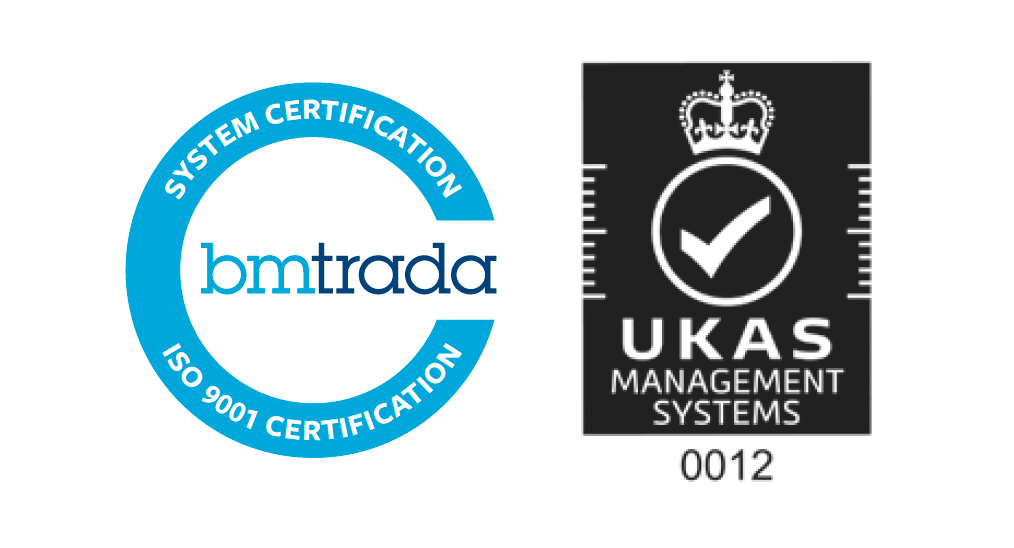The NHS faces significant challenges with declining performance, despite accounting for nearly 29% of public service spending. The Darzi Report highlighted that acute care funding has grown disproportionately—from 47% to 58% of the health budget between 2002 and 2021—while investment in other settings such as primary and community care has stagnated or declined.
Prime Minister, Keir Starmer and Health Secretary, Wes Streeting have both emphasised the need for systemic reform alongside any additional funding. This report, Improving Productivity, Quality, and Prevention in a Time of Financial Constraint, examines the pressures facing the NHS and proposes evidence-based solutions to address them.
A substantial opportunity exists to improve productivity, address unmet patient needs in line with guidelines and improve investments in prevention:
- NHS productivity has declined in acute hospitals but not in the rest of the NHS; if addressed it could release £10-16b in resources in pure productivity gain from the acute sector. Productivity increased for first half of last decade and then started to fall in 2018/19, a year before Covid, as annual growth rate in clinical staff increased 2.7-3.7x. Note that inpatient care has managed to see rising numbers of patients with shrinking numbers of beds, but in comparison outpatients’ volume has steadily risen 4x population growth.
- Significant unmet health needs exist in the management of chronic conditions relative to guidelines which contribute to the nation’s ill health and increasing burden on the health system; closing these gaps could improve quality of life, improve life expectancy and lower acute sector resource utilisation costs on chronic diseases by 11%, estimated as £2.3b just from the cost of activity in the acute sector.
- Prevention spending is hard to identify and rarely evaluated but there is a wide range in impact from 0 to 35x; Improving the targeting of spending on prevention could double the impact it has from a median of 2x to an upper quartile of 4x, which when applied to the at least £5b per year spent on mandated prevention activity, would deliver an additional £11b per year.
Addressing these challenges is vital to ensure the sustainability and effectiveness of the NHS. By addressing workforce productivity, adopting high-impact interventions, and making use of existing NHS longitudinal data, we can create a more efficient, preventative, and outcomes-focused health system—one that works better for patients, staff, and the broader population.
To understand more about this report and any of its findings, get in touch today.


